Home>Articles>7 Must-Follow Tips For Starting A House Renovation


Articles
7 Must-Follow Tips For Starting A House Renovation
Modified: January 4, 2024
Discover 7 must-follow articles for starting a house renovation. Get expert tips and advice on successfully transforming your home.
(Many of the links in this article redirect to a specific reviewed product. Your purchase of these products through affiliate links helps to generate commission for Storables.com, at no extra cost. Learn more)
Introduction
Starting a house renovation project can be an exciting and daunting endeavor. Whether you’re looking to update your living space, add value to your home, or simply give it a fresh new look, careful planning and preparation are essential. In this article, we will provide you with 7 must-follow tips to help you navigate the renovation process successfully.
Renovating your house is not just about making aesthetic changes; it involves a lot of decision-making, budgeting, and coordination with professionals. By following these tips, you can ensure that your renovation project goes smoothly, stays on track, and delivers the desired results.
Key Takeaways:
- Define your renovation goals and budget to guide the entire process. Research and hire a reliable contractor to ensure the project is in capable hands and stays on track.
- Consider all aspects of your home renovation, plan for unexpected costs and delays, create a detailed timeline, communicate effectively with your contractor, and regularly inspect the progress to achieve a successful transformation of your living space.
Tip 1: Define your renovation goals and budget
Before diving headfirst into your house renovation project, it’s crucial to clearly define your goals and establish a realistic budget. Start by identifying what you want to achieve with the renovation. Do you want to upgrade your kitchen, remodel your bathroom, or add an extension to your home? Knowing your specific goals will help you determine the scope of the project and prioritize your expenses.
Once you have a clear vision of what you want to accomplish, establish a budget. Consider how much you’re willing to spend on materials, labor, and any additional costs that may arise during the renovation process. It’s essential to set a realistic budget that aligns with your financial situation, ensuring that you don’t overspend or encounter unexpected financial strain along the way.
Research the average costs involved in similar renovation projects to get a rough idea of what to expect. It’s also a good idea to consult with professionals or contractors who can provide you with accurate estimates based on your specific requirements. By having a well-defined renovation goal and a clear budget in place, you will be better prepared to move forward with your project and make informed decisions along the way.
Tip 2: Research and hire a reliable contractor
One of the most crucial steps in a successful house renovation project is finding a reliable and competent contractor. Take the time to research and gather recommendations from friends, family, or trusted online sources. Look for contractors who specialize in the type of renovation you’re planning and have positive reviews from previous clients.
When meeting with potential contractors, ask for references and inquire about their experience and qualifications. A reputable contractor should be licensed, insured, and able to provide a portfolio of their past work. Take the time to view their previous projects to get a sense of their craftsmanship and style.
During the interviewing process, discuss your renovation goals, timeline, and budget. A competent contractor will listen attentively, offer valuable suggestions, and provide a detailed quote outlining the scope of work, materials needed, and expected timeline. Be wary of contractors who provide significantly lower quotes than others, as this could be a sign of low-quality workmanship or hidden costs.
Before making a final decision, it’s crucial to check the contractor’s credentials and reputation. Look for any complaints or legal issues, and ensure they have a valid license to operate in your area. Additionally, consider visiting their ongoing projects or contacting previous clients to get firsthand feedback on their professionalism, reliability, and overall satisfaction with their services.
Hiring a reliable and experienced contractor will give you peace of mind throughout the renovation process. Their expertise and attention to detail will help ensure that your project is executed smoothly, within budget, and to your satisfaction.
Tip 3: Consider all aspects of your home renovation
When planning a house renovation, it’s important to consider all aspects of your home that may be affected by the project. Look beyond just the cosmetic changes and consider the structural, electrical, plumbing, and HVAC systems as well.
Start by conducting a thorough inspection of your home to identify any potential issues or areas that may require attention. This could include outdated wiring, plumbing leaks, or damage to the foundation. Addressing these underlying issues before starting the renovation will not only ensure the safety and functionality of your home but also help prevent any costly surprises down the line.
Additionally, think about the functionality and flow of the space you’re renovating. Consider how you use the room and what changes may improve its usability. For example, if you’re remodeling your kitchen, think about the workflow and storage needs. Incorporate enough counter space, cabinets, and appliances to accommodate your cooking habits and lifestyle.
Furthermore, factor in your home’s energy efficiency during the renovation process. Consider installing energy-efficient windows, insulation, and appliances to reduce your carbon footprint and lower your utility bills in the long run. Incorporating sustainable materials and practices into your renovation can also add value to your home and attract environmentally conscious buyers if you decide to sell in the future.
Finally, don’t forget about the aesthetic aspect of your renovation. Consider your personal style and the overall design theme you want to achieve. Research current trends, gather inspiration from magazines or online platforms, and create a mood board to help visualize the end result. Pay attention to the color scheme, finishes, and fixtures that will enhance the overall look and feel of your renovated space.
By considering all aspects of your home renovation, you can ensure that your project meets both your functional needs and aesthetic preferences. This comprehensive approach will result in a successful and satisfying transformation of your living space.
Tip 4: Plan for unexpected costs and delays
When it comes to home renovations, it’s important to expect the unexpected. No matter how well you plan and budget, it’s not uncommon for unforeseen costs and delays to arise. By preparing for these surprises in advance, you can minimize stress and avoid potential setbacks in your renovation project.
One of the main reasons for unexpected costs is hidden structural issues that may only become apparent once the walls are opened up or the floors are removed. It’s essential to set aside a contingency fund for these types of unforeseen repairs. A good rule of thumb is to allocate about 10-20% of your total budget for unexpected expenses. This cushion will ensure that you’re prepared to address any structural or unforeseen issues that may arise during the renovation process.
Another factor that can cause delays and additional costs is the availability of materials or contractor scheduling conflicts. Sometimes, specific materials may be out of stock or have long lead times, which can delay the progress of your renovation. Delays can also occur if your contractor is working on multiple projects simultaneously or if there are unforeseen complications during installation.
To minimize the impact of these delays, make sure to plan ahead and communicate with your contractor about any potential conflicts or challenges. Start researching and ordering your desired materials well in advance to ensure they are available when needed. Additionally, maintain regular communication with your contractor to stay updated on the project’s progress and address any potential issues or delays promptly.
Having a flexible timeline and being mentally prepared for unexpected delays and costs will help you navigate unexpected obstacles with ease. Remember, renovations can often be unpredictable, but with proper planning and a contingency plan in place, you can successfully overcome any challenges that come your way.
Before starting a house renovation, create a detailed budget to avoid overspending. Include a contingency fund for unexpected expenses.
Read more: How To Start Organizing A Messy House
Tip 5: Create a detailed timeline for your renovation
Creating a detailed timeline for your house renovation is crucial for keeping the project on track and ensuring that all tasks are completed in a timely manner. A well-structured timeline helps you stay organized, allows for proper planning, and enables you to monitor the progress of your renovation.
Start by breaking down your renovation project into smaller, manageable tasks. Create a list of all the major milestones and the specific activities required to achieve them. Consider factors such as demolition, construction, plumbing installation, electrical work, painting, and final touches. Assign realistic timeframes to each task, taking into account the complexity and duration of each activity.
When creating your timeline, it’s important to account for any potential delays or overlapping tasks. Consider the availability of contractors, delivery of materials, and other external factors that may impact the project’s progress. Review your timeline with your contractor to ensure that it aligns with their schedule and expectations.
Ensure that your timeline is flexible enough to accommodate unexpected delays and changes that may arise during the renovation. Inevitably, there may be unforeseen challenges or additional tasks that need to be addressed along the way. Having a flexible timeline will allow you to make adjustments without compromising the overall project schedule.
Regularly review and update your timeline as the project progresses. This will help you stay organized, prioritize tasks, and identify any potential bottlenecks or areas that require additional attention. Communication with your contractor is key during this process, as they can provide valuable insights and guidance to ensure a smooth and efficient renovation.
By creating a detailed timeline and sticking to it, you can ensure that your renovation project stays on track, minimizing delays and maximizing efficiency. A well-structured timeline will help you manage the various tasks involved in the renovation, ensuring that everything is completed within the desired timeframe.
Tip 6: Communicate effectively with your contractor
Effective communication is key to the success of any house renovation project. Building a strong and open line of communication with your contractor ensures that everyone is on the same page, expectations are clear, and issues are addressed promptly. Here are some tips to help you communicate effectively with your contractor:
1. Establish regular communication channels: Set up regular check-in meetings or calls with your contractor to discuss the progress of the renovation. This will provide an opportunity for you to ask questions, address any concerns, and receive updates on the project.
2. Clearly define your expectations: Clearly communicate your vision and expectations for the renovation. Provide your contractor with detailed instructions and specifications to ensure that the final outcome aligns with your desired results. Allow your contractor to offer input and suggestions based on their expertise.
3. Maintain open and respectful communication: It’s important to foster a positive and respectful relationship with your contractor. Encourage open dialogue and be receptive to their feedback and suggestions. Remember, effective communication is a two-way street.
4. Document all changes or decisions: Whenever there are changes or decisions made during the renovation, make sure to document them. This includes any modifications to the initial plans, additional requests, or budget adjustments. Having everything in writing helps to avoid misunderstandings and ensures that everyone is aware of the agreed-upon changes.
5. Address issues promptly: If any issues or concerns arise during the renovation, address them with your contractor as soon as possible. Delaying the discussion of problems can lead to further complications and delays. Promptly bring up any problems and work together to find an effective solution.
6. Keep a project journal: Maintain a project journal to record important details, conversations, and decisions made throughout the renovation process. This journal can serve as a reference point and help you keep track of the project’s progress for future reference.
Establishing clear and open communication with your contractor sets the stage for a successful renovation project. Effective communication minimizes misunderstandings, ensures that everyone is working towards the same goals, and helps to create a positive working relationship. By fostering open dialogue and addressing any issues promptly, you can navigate the renovation process more smoothly and achieve the desired results.
Tip 7: Regularly inspect the progress of your renovation
Regularly inspecting the progress of your house renovation is essential to ensure that the project is on track and meets your expectations. By actively observing the work being done and addressing any concerns promptly, you can avoid potential issues and make necessary adjustments along the way. Here are some tips for effectively inspecting the progress of your renovation:
1. Set a schedule for inspections: Establish a schedule for inspecting the renovation progress at various milestones or key stages of the project. This will help you stay informed and catch any potential issues early on. Communicate this schedule with your contractor to ensure that they are aware of your intentions and can plan accordingly.
2. Pay attention to detail: During inspections, take the time to thoroughly examine the work being done. Look for any imperfections or inconsistencies in the craftsmanship, such as uneven surfaces, gaps, or poorly executed finishes. Check that the materials being used match your specifications and that they are of the desired quality.
3. Address concerns promptly: If you notice any issues during your inspections, don’t hesitate to bring them up with your contractor. Communicate your concerns in a clear and respectful manner and work together to find appropriate solutions. Promptly addressing any concerns or problems will help prevent them from escalating and ensure that the project stays on track.
4. Keep a record of progress: Take photos or videos of the renovation progress during each inspection. This will not only serve as documentation for your records but also provide a visual reference for later stages of the project. It can be helpful to look back at the photos and compare them to the final result.
5. Trust your instincts but seek professional advice when needed: While it’s important to trust your instincts and voice any concerns, it’s also valuable to seek professional advice when needed. If you have doubts about a particular aspect of the renovation, consult with your contractor or involve a relevant expert to provide guidance and assurance.
6. Be aware of any potential red flags: During inspections, be mindful of any red flags that may indicate potential issues. This could include missed deadlines, significant deviations from the initial plans, or excessive use of change orders. Recognizing these warning signs allows you to take appropriate action and avoid further complications.
Regularly inspecting the progress of your renovation gives you the opportunity to stay involved, ensure quality workmanship, and address any concerns or issues promptly. By staying vigilant and proactive, you can help ensure that your renovation meets your expectations and results in a successful transformation of your living space.
Conclusion
Embarking on a house renovation project can be both exciting and challenging. By following these 7 must-follow tips, you can navigate the renovation process successfully, ensuring that your project stays on track and delivers the desired results.
First and foremost, defining your renovation goals and setting a realistic budget is crucial. Understanding what you want to achieve and how much you can afford will guide the entire process. Researching and hiring a reliable contractor will ensure that the project is in capable hands. Take the time to thoroughly vet potential candidates and communicate your expectations clearly.
Considering all aspects of your home renovation, from structural to functional and aesthetic aspects, will help you create a cohesive and well-rounded project. Planning for unexpected costs and delays by allocating a contingency fund and maintaining open communication with your contractor will help you navigate any unforeseen circumstances that may arise along the way.
A detailed timeline and effective communication with your contractor are essential for keeping the project on track and ensuring a smooth workflow. Regularly inspecting the progress of your renovation allows you to address any concerns promptly and make necessary adjustments to achieve the desired outcome.
In conclusion, a successful house renovation requires careful planning, effective communication, and proactive involvement. By following these tips, you can tackle your renovation project with confidence, knowing that you have set yourself up for success. Remember, every step you take towards a well-executed renovation brings you closer to the home of your dreams.
Frequently Asked Questions about 7 Must-Follow Tips For Starting A House Renovation
Was this page helpful?
At Storables.com, we guarantee accurate and reliable information. Our content, validated by Expert Board Contributors, is crafted following stringent Editorial Policies. We're committed to providing you with well-researched, expert-backed insights for all your informational needs.

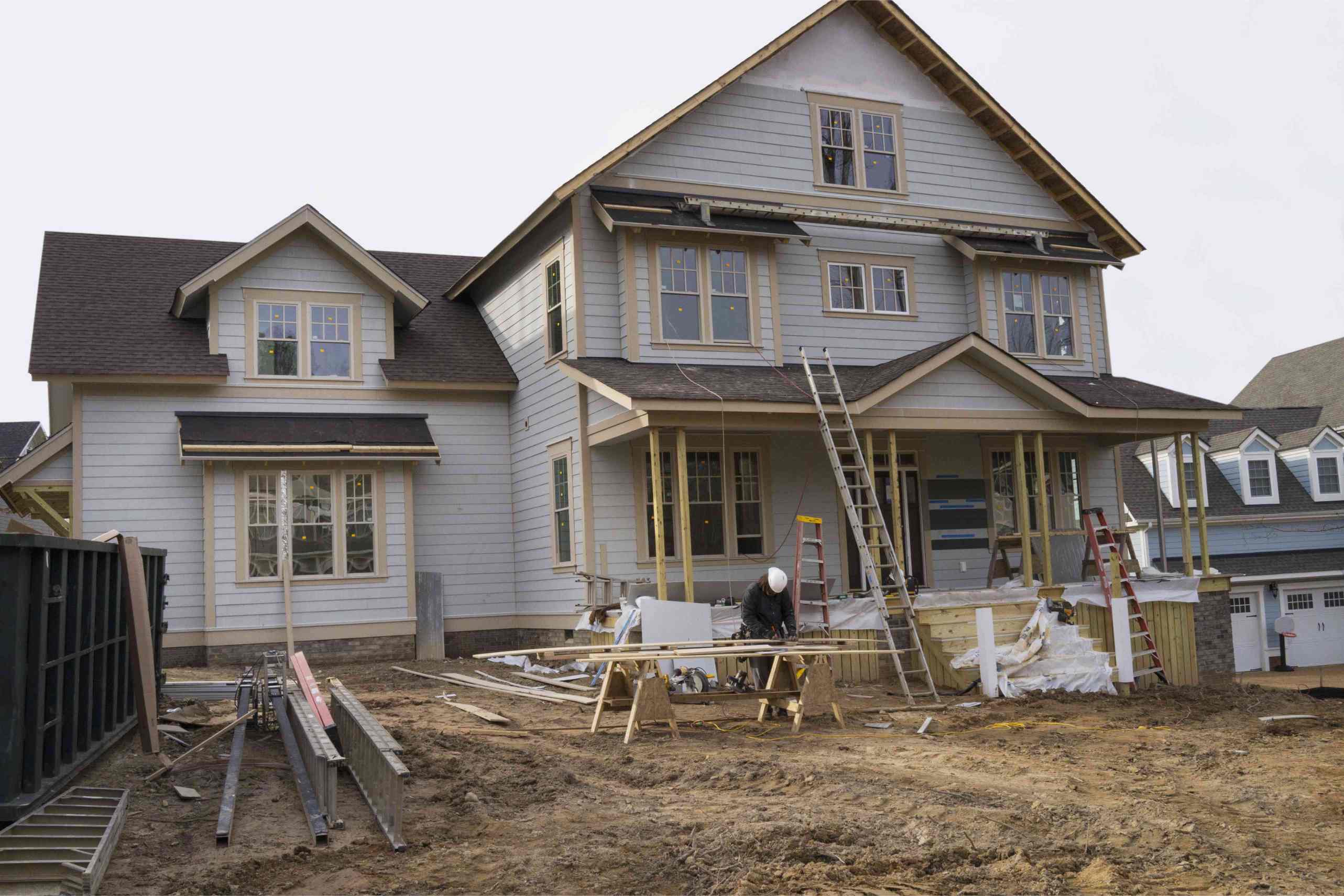
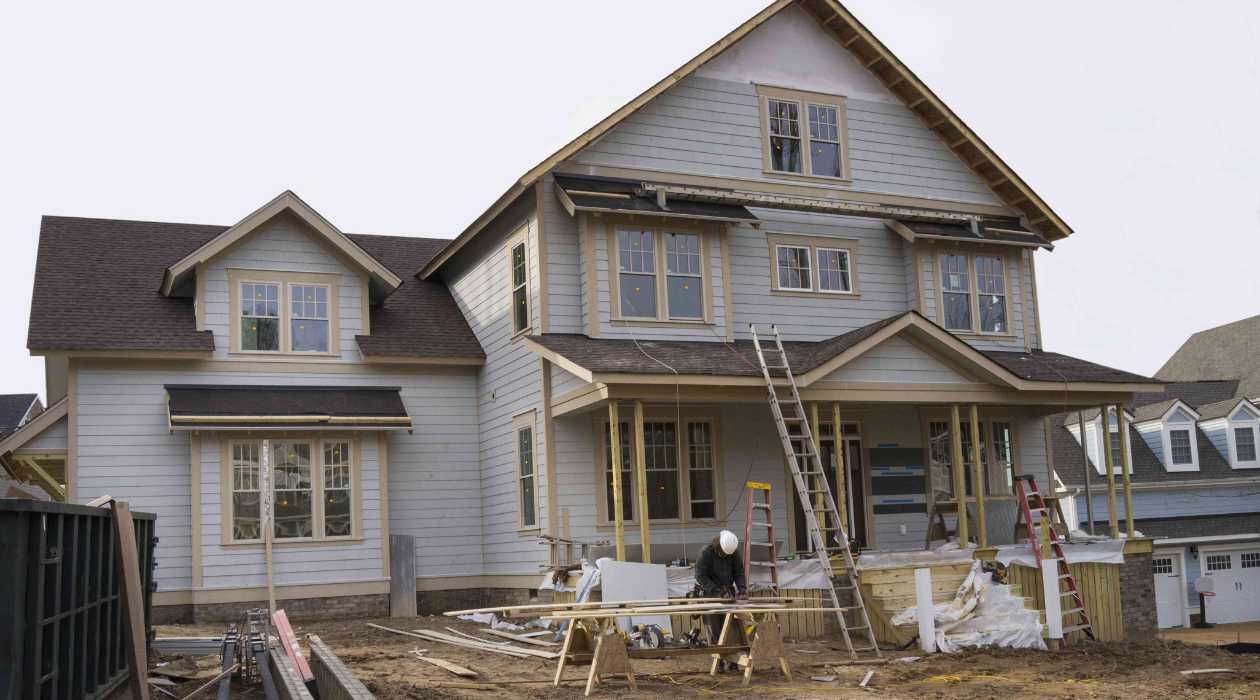
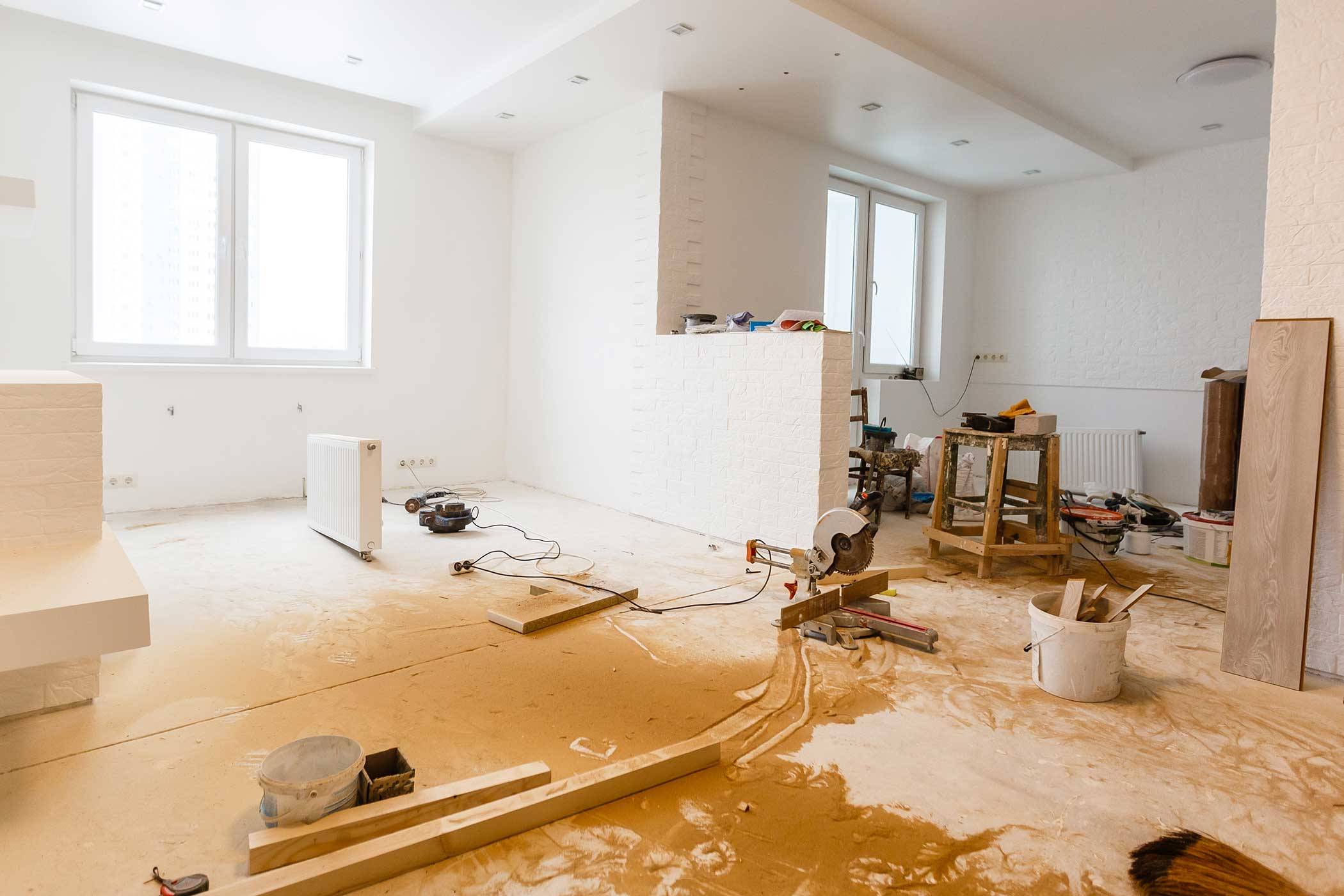





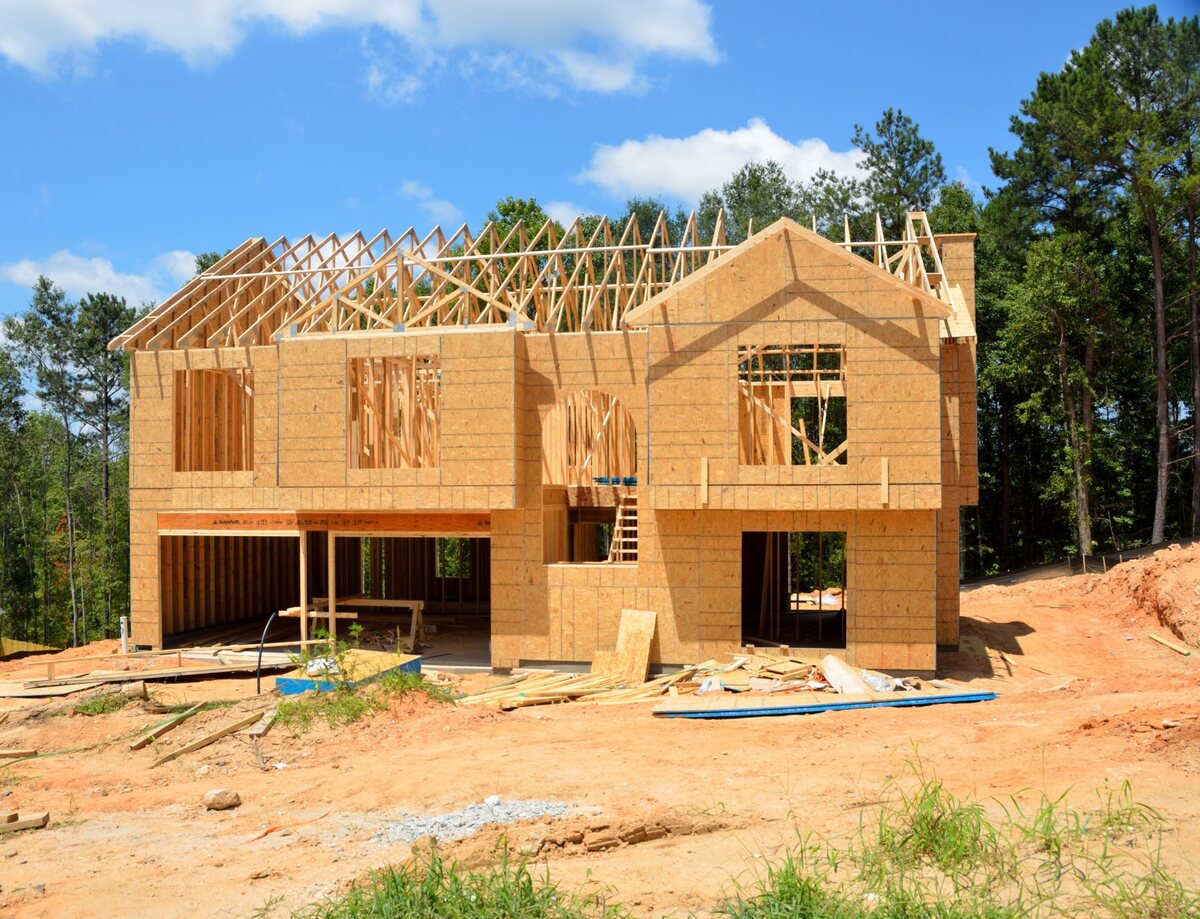

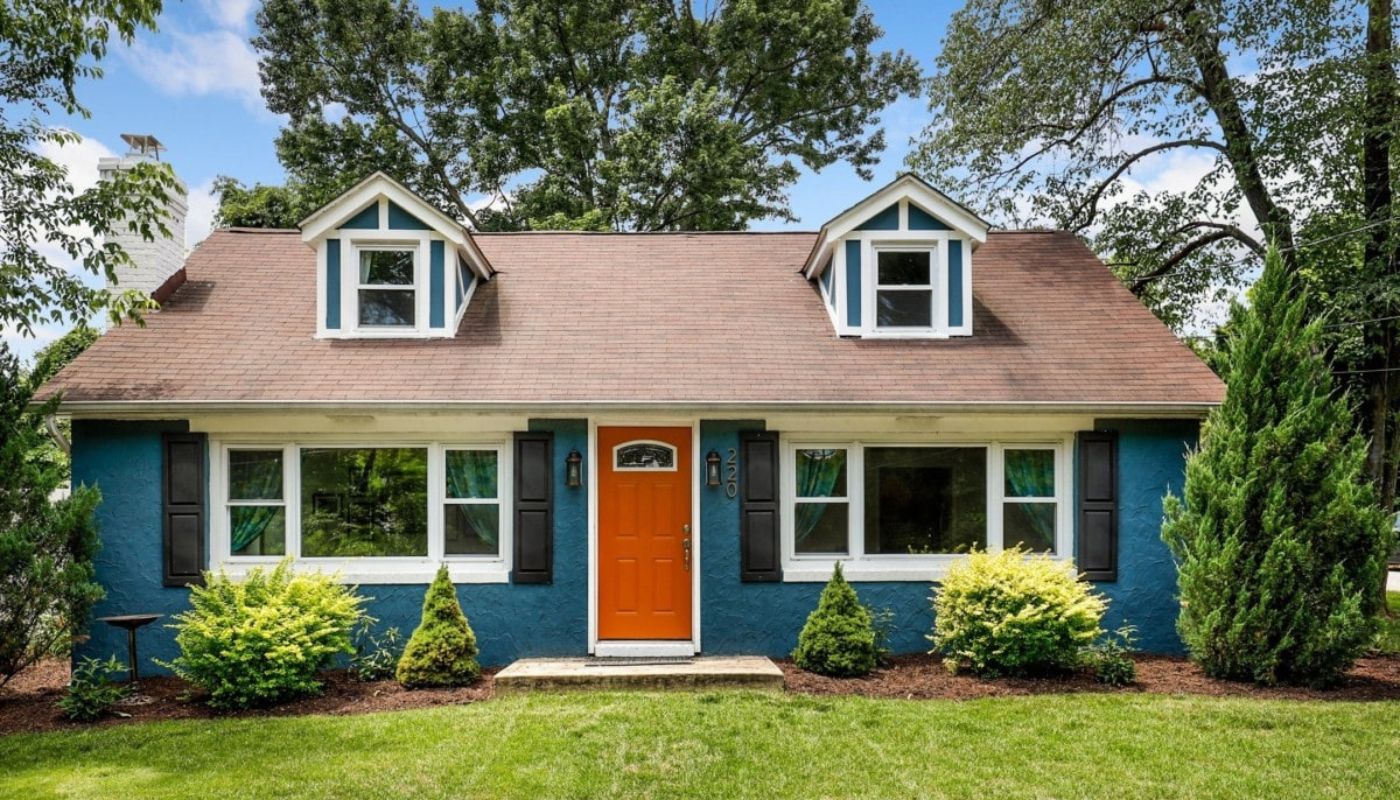

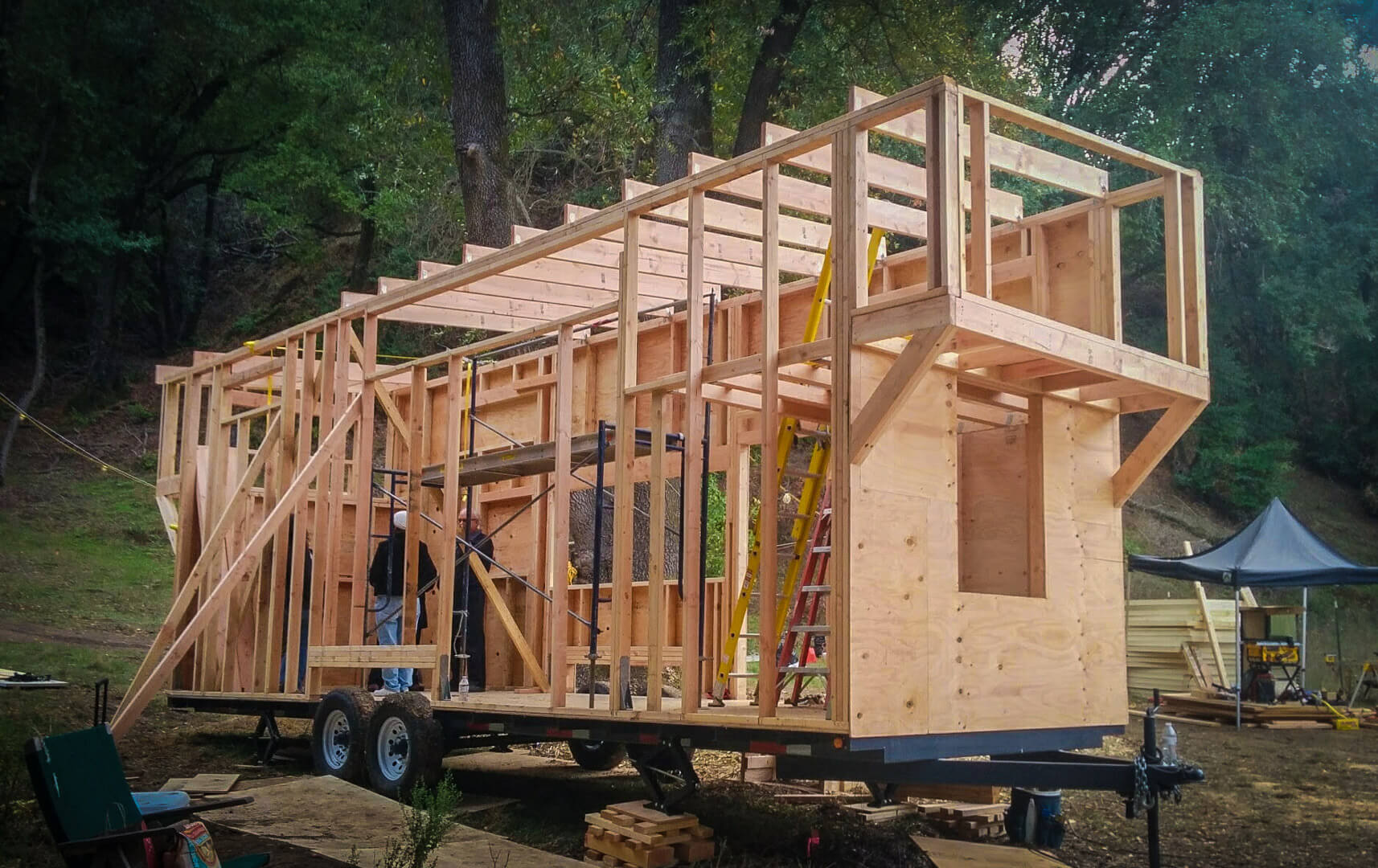

0 thoughts on “7 Must-Follow Tips For Starting A House Renovation”